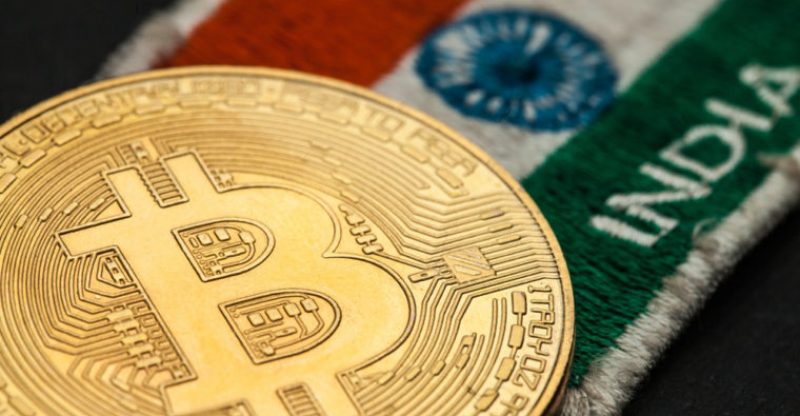Bitcoin Traders Join Forces With Supreme Court To Contest India’s Banking Restriction
India’s instruction for banks to ban financial services to cryptocurrency exchanges in the populous Asian country is seeing an increasing number of bitcoin traders contesting the restriction, with a court hearing of the contest scheduled for Thursday this week as there are complaints that the Reserve Bank of India (RBI) is restricting “essential” trade services.
Reports from the Economic Times in India on Monday noted that the petitioners under the recent move to have the bank reverse its instruction or maintain it are with the view that they should be allowed to make use of banking services, as cryptocurrencies are legal in the country.
They claimed that:
“Banking is an essential service. How can one deny access to an essential service when I am not doing anything illegal? You have not declared Virtual Currencies illegal in the country.”
The Indian central bank in April this year instructed finance institutions under its jurisdiction were to stop dealing or offer services to traders or investors dealing in cryptocurrencies. The recent court challenge will be held in court on May 17.
The 11 representatives of different cryptocurrency related businesses contesting the RBI are arguing that the constitutional validity of the decision by the Indian financial services sector regulator to stop banks from providing services to companies that provide cryptocurrency trading.
Indian banks are given up to July 5 to go according to the central bank’s instruction, therefore the urgency of cryptocurrency exchanges and traders to contest the bank’s directive. The Delhi High Court will on May 24, hear more from two exchanges, Kali Digital Eco-systems and MoneyTrade Coin, which are both contesting the bank’s directive.
In the recent months, the Indian Apex Ban has been dragged to court by bitcoin traders and other cryptocurrency exchange companies in relation to its decision.
Even though the restriction on Indian banks has greatly affected cryptocurrency trading in the country, cryptocurrency exchanges and traders have shifted to crypt-to-crypto trading in a way to avoid the RBI’s instruction.
“Even if there was no RBI circular, the crypto to crypto product would have happened. However, because of the circular and the fact that fiats may no longer be in the picture, it definitely did hurry up and encourage the solution sooner,” said Ajeet Khurana, the CEO of Zebpay.





